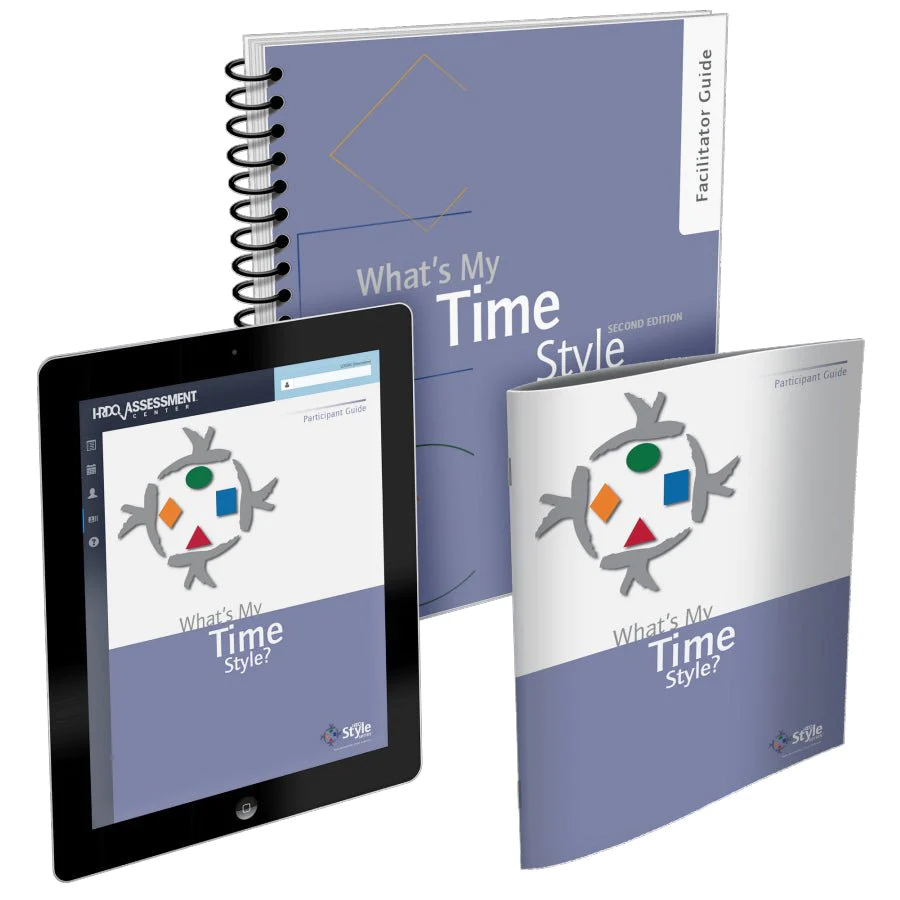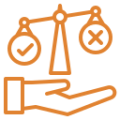“Just Prioritize!” (Like It’s That Simple)
Traditional advice says to make a to-do list and “prioritize.”
That’s great, but which of the 47 things on your list today is the priority when:
- A parent calls about a student
- Your boss suddenly moves up the deadline
- Your kid is home sick
- And your inbox just exploded?
“Just prioritize” is about as helpful as yelling “just swim!” to someone drowning.
Instead of juggling all 47 tasks, use The Rule of 3. At the start of each day, pick three high-impact things you’ll focus on. That’s it. Let the rest fall into “later,” “delegate,” or “delete.” If you’re stuck, this simple approach can be a game-changer in learning how to improve time management without burning out.
The Calendar That Doesn’t Care About Your Energy
Old-school time management tells you to break your day into hours and fill them like Tetris.
But your calendar doesn’t know that:
- You crash after lunch
- Your brain is on fire from 9-11 a.m.
- You hit creative gold at 9 p.m. (even if no one else is awake)
Trying to force productivity into time slots that ignore your natural rhythm is like pushing a shopping cart with a busted wheel – it’ll get you there, but not without frustration and veering into shelves.
Instead of filling your day like Tetris, plan your day around energy peaks, not just hours. Schedule high-focus work when you’re naturally at your sharpest. Save admin or email for low-energy times.
Multitasking: The Lie That Keeps on Lying
Spoiler: multitasking doesn’t make you efficient. It makes you distracted and tired. Ask me how I know!
Science backs this up. Task-switching fries your brain’s ability to focus and adds micro-fatigue all day. But traditional advice acts like doing five things at once is some kind of superpower.
Rather than multitasking, use batching. Group similar tasks together (e.g., all emails, all grading, all calls). Do them in one focused block. This protects your focus and reduces the stress of jumping between mental gears.
Productivity Shame Is the New Workplace Plague
Traditional time management quietly whispers, “If you’re overwhelmed, you’re just not trying hard enough.”
No. You’re not broken.
You’re operating in a world designed for nonstop availability, digital distraction, and hustle worship. No planner can save you from a system that rewards burnout.
It’s okay to protect your time. It’s okay to log off. You don’t have to earn rest by running yourself into the ground first. Learning how to improve time management means recognizing when it’s time to step back, not push harder.
One-Size-Fits-None Systems
You’re unique. Your life, energy, job, and brain don’t fit someone else’s perfect morning routine or 12-step planner method.
Trying to copy someone else’s system is like wearing shoes that don’t fit – uncomfortable and unsustainable.
Start with your real life. Build tools and routines around your actual day, not your “ideal” one. Customize. Tweak. Toss out what doesn’t serve you.
Tools That Work FOR You (Not the Other Way Around)
We’re drowning in productivity apps, planners, and digital tools. And yet… we’re still overwhelmed.
Why? Because tools don’t solve time problems – systems do.
Use tools that align with you:
- Visual thinker? Use color-coded calendars.
- Paper lover? Bullet journal.
- Digital native? Try Notion or Todoist.
But whatever you choose, the tool should reduce mental clutter – not add to it.
You Don’t Need to “Do More” – You Need to Do What Matters
Time management in the real world isn’t about squeezing more hours from your day. It’s about intentionally using the hours you have in ways that matter to you, your goals, and your sanity.
Dump the guilt. Ditch the fluff. Stop chasing someone else’s idea of “productive.”
Run your day. Don’t let it run you.




























